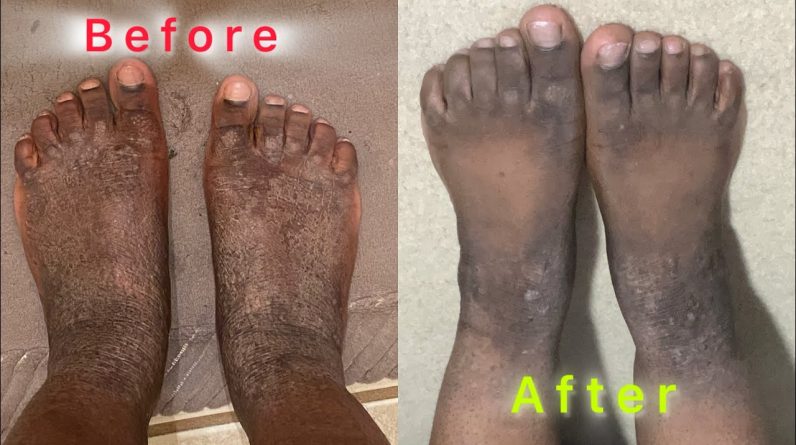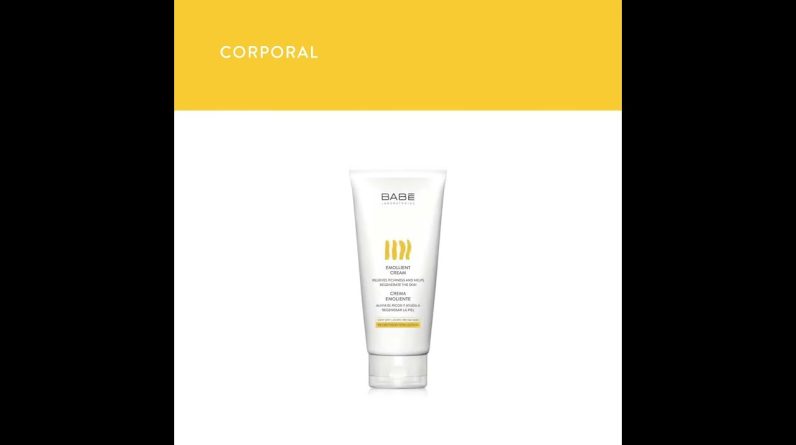As we grow older, we can expect our skin to get less supple, less elastic, and possibly even a little discolored. This is a perfectly normal symptom of aging, and it’s nothing for anyone to be ashamed of.
However, excess pigmentation around the mouth (sometimes called hyperpigmentation) can be noticeable and a little embarrassing. Pigmentation around the mouth shows up as dark patches or coloration around the lips or at the corners of the mouth. It can range from vividly colored to barely noticeable. This pigmentation isn’t painful, but some people consider it unsightly.
If you have pigmentation around your mouth and you want to get rid of it, what can you do? Is it a health concern – should you be worried?
In this video, we’ll discuss some causes of pigmentation around the mouth, as well as some natural treatments you can try at home. We’ll also discuss when to see a doctor – or if you even need to see one at all.
So What Causes Pigmentation Around The Mouth?
Hyperpigmentation
One of the most common causes of dark skin around the mouth is hyperpigmentation. Hyperpigmentation occurs due to the overproduction of melanin – the substance that gives our skin color and protects us from dangerous UV rays – in certain patches of skin. This makes the skin look darker or discolored.
Medications
Some medications can cause excess pigmentation in the skin. For example, some medications for depression or malaria could cause pigmentation around the mouth.
If you think your medication is causing hyperpigmentation, it’s important not to simply stop taking your medication, at least not until instructed to do so by your doctor.
Weather Conditions
We’ve briefly discussed how overexposure to the sun can cause hyperpigmentation of the skin, and cold weather can also be a cause. For example, repeatedly licking your lips in very cold weather can leave the skin around your mouth damp and vulnerable, leading to the skin looking discolored. Sunburn or cold injuries to the skin around your mouth can lead to hyperpigmentation, or a discoloration that looks like hyperpigmentation.
Vitamin Deficiencies
You might be surprised to learn that deficiencies in vitamins B12 and D can cause hyperpigmentation. A deficiency in vitamin D, usually absorbed via sunlight, is another common cause of hyperpigmentation. You can get around this by spending more time in the sun, or possibly taking a vitamin D or B12 supplement.
Skin Trauma
Bruises, trauma, acne scars, and more can all give the appearance of hyperpigmentation. If your skin discoloration is caused by skin trauma, the discoloration will fade as the skin heals.
Pinpointing the cause of the excess pigmentation around your mouth can go a long way to dealing with the problem. For example, discoloration caused by skin trauma is likely to heal itself over time, and discoloration caused by medication will likely go away if you stop taking the medication. However, if there’s not much you can do to treat the root cause of the hyperpigmentation, here are a few natural treatments you can try at home to deal with excess pigmentation around the mouth.
Medically Prescribed Ointments
There is a chance that you might need to visit a dermatologist. For example, if your hyperpigmentation is caused by medication that you need to keep taking, your doctor might recommend a cream or ointment to deal with the side effects of the medication.
Certain creams can slow down pigment production, targeting the cells that create the pigment. This can help dark spots to fade more quickly.
Exfoliating
Exfoliating, if done correctly, is very good for our skin. It cleans away dead skin cells and leaves fresher, brighter skin underneath. Exfoliating is a good way to clear away patches of dark skin around the mouth, but it should be done carefully. Rough or abrasive exfoliating can actually damage the skin, making the discoloration worse.
Use a gentle exfoliator around your mouth, preferably one that has skin-brightening properties. Don’t press too hard or scrub too vigorously. Exfoliating is something you might want to discuss with a dermatologist, and possibly ask for suggestions.
Skin Brightening Creams
source







